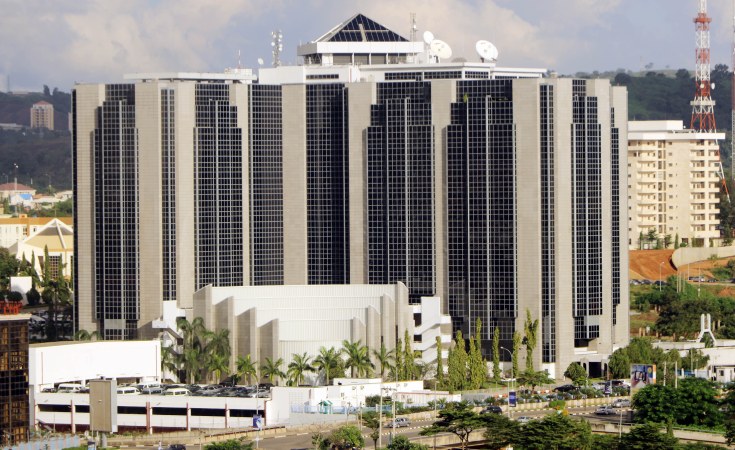The monetary authority, the Central Bank of Nigeria (CBN) won’t forget 2020 in a hurry.
2020 began like every other year, the economy blazing on full throttle, posting a modest positive Gross Domestic Product (GDP) of 1.87 per cent in the first quarter of 2020.
- COVID-19: UK strain variant not found in Nigeria yet —NCDC DG
- COVID-19: A Second national lockdown is needless!
The CBN had projected Nigeria will close the year with a healthy GDP of 2.35 per cent. Then COVID-19 struck, and with oil prices plummeting simultaneously, the economy took a tailspin. It wouldn’t withstand the turbulence. It crashed like the majority of the world’s economies.
The events that would follow in a quick session saw a fatalistic blow on GDP, inflation and the naira.
At the end of the third quarter of 2020, Nigeria’s economy had plunged into a deep recession reminiscent of only the recession of the 1980s, with a negative growth of -3.62% in Q3 2020.
Inflation had moved from 12.13% in January 2020 to 14.89% as of November 2020, choking Nigerians out of comfort zones as prices of commodities, especially food spiked.
Responding, the CBN dropped the lending rate in September, by 100 basis points from 12.5 to 11.5%, to spur economic activities and injected over N2trn to support households, SMEs, large corporations and pharmaceutical firms to cushion the impact of COVID-19.
Also, it wasn’t a particularly great year for the naira. Naira exchanged for a record N500/$1 at the parallel market sometime in October.
Even at the official window, the CBN had to devalue the naira several times in the year to save the depleting foreign reserves (from N306/$1, to N360/US$1 and later to N380/$1) and meet IMF’s COVID-19 loan terms conditions, which included reducing the gap between the parallel forex market and the official forex market.
To halt the naira free-fall, the CBN introduced a number of measures.
The most far-reaching was that all Diaspora remittances must hit the beneficiaries in the currencies sent.
With the new regulation, beneficiaries of diaspora remittances through International Money Transfer Operators (IMTOs) will henceforth receive such inflows in the foreign currency (US Dollars) through the designated bank of their choice and no longer naira.
This directive is targeted at attracting about $2 billion inflows into Nigeria.
Nigeria’s external reserves weren’t also insulated from the impacts of the global oil price slump, disruption in supply chains, and capital flow reversals.
Nigeria’s external reserves currently stand above $35bn from about $37bn before the lockdown.
But it is not all gloomy as the CBN expects the economy to rebound in the first quarter of 2021. This is looking more positive with a COVID-19 vaccine now available.
“With sustained implementation of our intervention measures, we do expect that the Nigerian economy could emerge from the recession by the first quarter of 2021.
“We also expect that growth in 2021 would attain two per cent” the CBN Governor, Mr. Godwin Emefiele said recently.
Commenting, Prof. Uche Uwaleke, a Professor of Finance and Capital Market said: “The CBN is advised to continue its pro-growth policies, scale up its interventions especially in the agric value chain and consider involving financially strong micro Finance banks as participating financial institutions in future interventions in order to achieve greater coverage.”

 Join Daily Trust WhatsApp Community For Quick Access To News and Happenings Around You.
Join Daily Trust WhatsApp Community For Quick Access To News and Happenings Around You.


